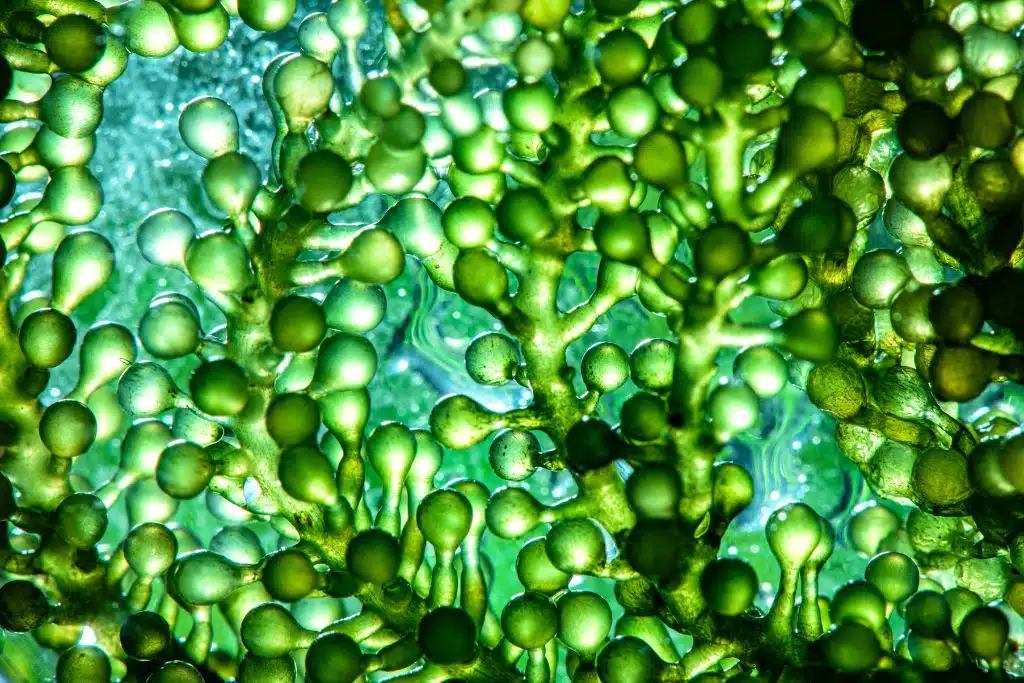[Source – earth.org]
Researchers in Australia have highlighted the immense potential of microalgae in addressing global nutritional deficiencies and environmental concerns. A recent review, published in the Nutrition Journal, explores how commercially farmed microalgae can offer health benefits and support sustainability efforts. Unlike traditional crops, it can be cultivated without pesticides or arable land, making it an environmentally friendly alternative to conventional agriculture.
Tackling Global Undernutrition
Undernutrition remains a critical issue worldwide, with children and older adults being the most vulnerable populations. Experts report that child and maternal undernutrition contributes to the greatest loss of life years due to poor health and disability. Older adults, particularly, face undernutrition, leading to increased risks of chronic diseases, muscle loss, and reduced physical and mental function. Statistics show that over 20% of children under five suffer from stunted growth due to undernutrition, which also accounts for 45% of deaths in this age group.
Improving global nutrition not only enhances health outcomes but also helps reduce the burden of non-communicable diseases, poverty, and hunger. These could be a vital component in this fight, offering an alternative source of essential nutrients for these at-risk populations.
Nutritional and Environmental Benefits
Microalgae are microscopic organisms found in water bodies, playing a crucial role in the Earth’s oxygenation over two billion years ago. Today, they continue to support photosynthesis and improve soil fertility while filtering pollutants and controlling crop diseases. Although microalgae like Spirulina dominate commercial production, other species offer distinct nutritional benefits.
Depending on the species, it can provide various nutrients such as proteins, carbohydrates, lipids, and essential fatty acids like eicosapentaenoic acid (EPA) and docosahexaenoic acid (DHA). These nutrients are vital for human health and they can be used in foods and supplements to address global nutrient deficiencies. As a sustainable alternative to fish oil and animal-based proteins, they can also be incorporated into prebiotics and animal feed. Innovative culinary applications have seen microalgae featured in fine dining, and their use in everyday food products is gaining traction, improving their nutritional value and antioxidant properties.
Commercialization and Future Prospects
Microalgae holds tremendous promise for industries ranging from biopharmaceuticals to renewable energy. Their ability to produce biofertilizers, biopesticides, and biostimulants from wastewater treatment makes them an eco-friendly alternative to synthetic chemicals. Furthermore, it can remove pollutants from water, such as heavy metals and pesticides, offering valuable environmental services.
In large-scale cultivation, microalgae ponds can produce significantly more biomass per hectare compared to traditional crops, all while utilizing non-arable land, and wastewater, and avoiding pesticide use. This dual role of cleaning water and producing valuable biomass positions microalgae as a key player in the fight against climate change by reducing global carbon emissions.
However, the commercialization of microalgae faces challenges, such as selecting suitable strains and optimizing growth conditions. Advanced technologies like photobioreactors are essential to improving production efficiency. Additionally, regulatory hurdles, especially in regions like Europe, could slow down the adoption of microalgae-based food products.
With further research and technological advancements, microalgae could become a sustainable solution to global hunger and environmental degradation. By offering essential nutrients while reducing the ecological footprint of food production, microalgae represent a promising future for global health and sustainability efforts.







